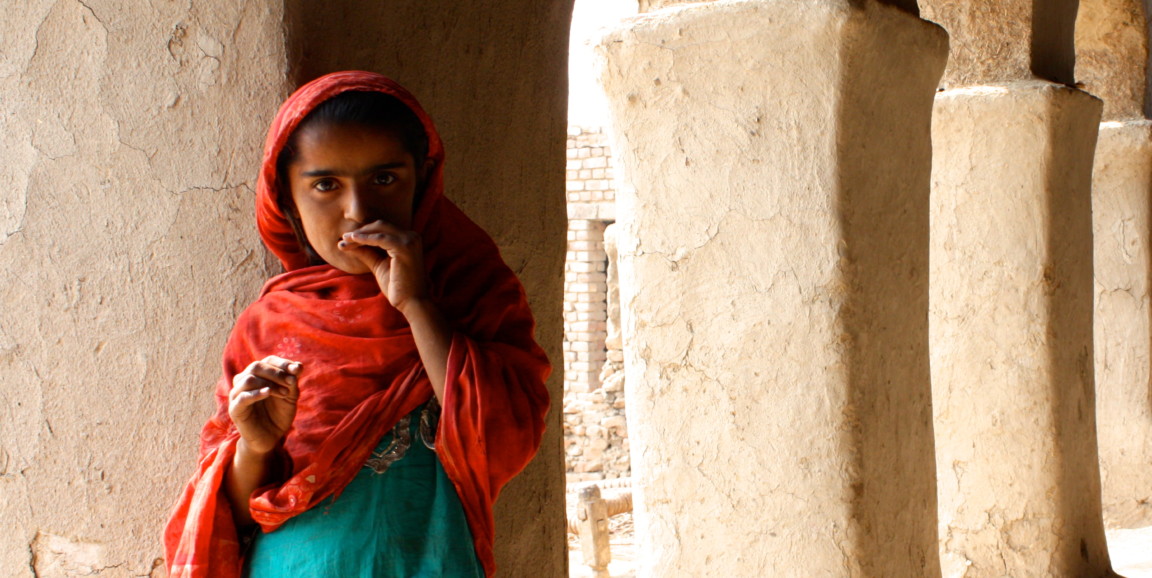Kids that can control their emotions, attention and behavior tend to perform well in school and often bounce back better from a setback or tragedy, studies have shown. Strengthening these executive functions at an early age is important because they help kids become more resilient and successful later in life.
So, what helps kids develop these capabilities? Until recently, researchers only knew what mattered for children living in high-income countries, as most studies of executive functions were done in these areas. Now a Stanford-led study offers insight on the development of executive functions in children living in an area with high rates of poverty, malnutrition and infectious disease.
In a Stanford Graduate School of Education story, writer Carrie Spector describes how researcher Jelena Obradović, PhD, and her team investigated executive functions in a group of preschoolers living in rural Pakistan. Aisha Yousafzai, PhD, of Harvard University and researchers at Aga Khan University in Karachi, Pakistan, collaborated on this study which was published in the journal Developmental Science.
Obradović and her team measured executive functioning in 1,144 preschoolers in rural Pakistan, using a variety of play-based tasks (such as sorting objects by color and shape) that were tailored to be culturally and developmentally appropriate.
One of the most important aspects of this study was its location, Obradović said. She explained that rural Pakistan has a suite of environmental stressors that other, more frequently studied areas lack:
Executive function skills are really important for children at risk, but exposure to stressors undermines the development of these skills... If we can show what supports the development of these skills in a rural, disadvantaged context, we can better design interventions to compensate for those stressors.
The findings pointed to three factors that predicted the development of executive functions and general cognitive skills in the preschoolers participating in the study: receiving parental coaching and support from government health services (which included monthly home visits and community group meetings for mothers); the child's physical size at age two (well-nourished children performed better); and, surprising the researchers, a higher number of older siblings.
Depending on the culture and environment you're accustomed to, the findings of this study may -- or may not -- surprise you, Obradović explained.
"In our [U.S.] society we tend to think of having a large family, more than four children, as a risk factor, because there are fewer resources to go around -- there's less time, less money, crowding," she said.
Yet, having older siblings was a positive predictor of executive functioning for the kids in the study. One explanation is that younger children may receive caregiving from their siblings, Obradović said. Alternatively, if having more siblings means each child receives less attention, younger children may be forced to regulate their behavior more on their own.
The entire story is well worth a read.
Photo by STAR Project / Collaboration with Aga Khan




